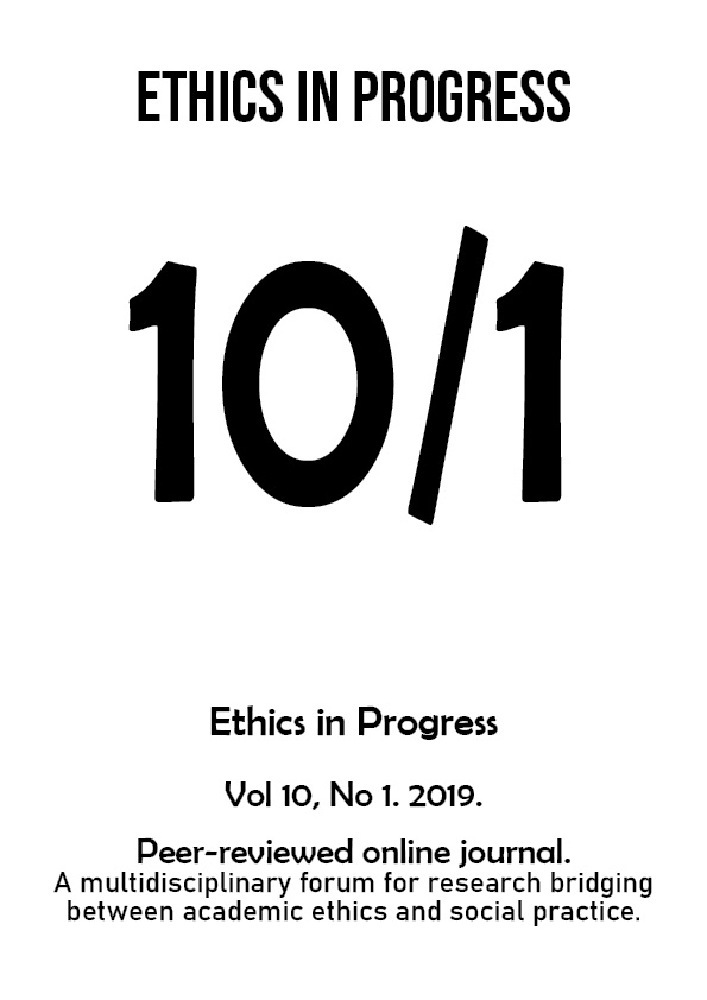Abstract
Religion is at the heart of the lacerating conflicts in Iraq and Syria today. In both countries the matter at hand is the fracture between the two main branches of Islam. This fracture escalated into a religious war after the Arab Springs in 2011, even though the violent conflict between Shia and Sunni started in Iraq in 2003, after the American invasion of the ancient Mesopotamia. The reason for both the foreign occupation and the insurrection of the civil society leading to the same chaos is that, in both countries, the State does not raise enough legitimacy to open a public space able to welcome a unitary citizenship. Such a phenomenon calls back to the history of the two states and at the British (Iraq) and French (Syria) establishing mandates of the two institutions, which never succeeded in imposing their legitimacy for most people (Shia in Iraq and Sunni in Syria), left out of the ruling bodies for a long time. The Shia-Kurdish combination, which is the leading force in Iraq since 2003, conducted to the refusal of the Arab Sunni minority to live marginalized and powerless.
References
Bozarslan H. 2011. Sociologie politique du Moyen-Orient. Paris: La Découverte.
Burgat F. & Paoli B. (dir.) 2013. Pas de printemps pour la Syrie. Paris: La Découverte.
Dupret B. & Ghazzal Z. 2007. Syrie au Présent: Reflets d’une société. Paris: Sindbad.
Filiu J.-P. 2011. La Révolution arabe. Dix leçons sur le soulèvement démocratique. Paris: Fayard.
Luizard P.-J. 2004. La question irakienne. Paris: Fayard.
Luizard P.-J. 2017. Le piège Daech, l’Etat islamique ou le retour de l’Histoire. Paris: La Découverte.
Luizard P.-J. 2017. Chiites-sunnites, la grande discorde en 100 questions. Paris: Tallendier.
Pierret T. 2011. Baas et Islam en Syrie. Paris: PUF.
Seurat M. 2012. Préface de G. Kepel, Syrie, l’Etat de barbarie. Paris: PUF.




